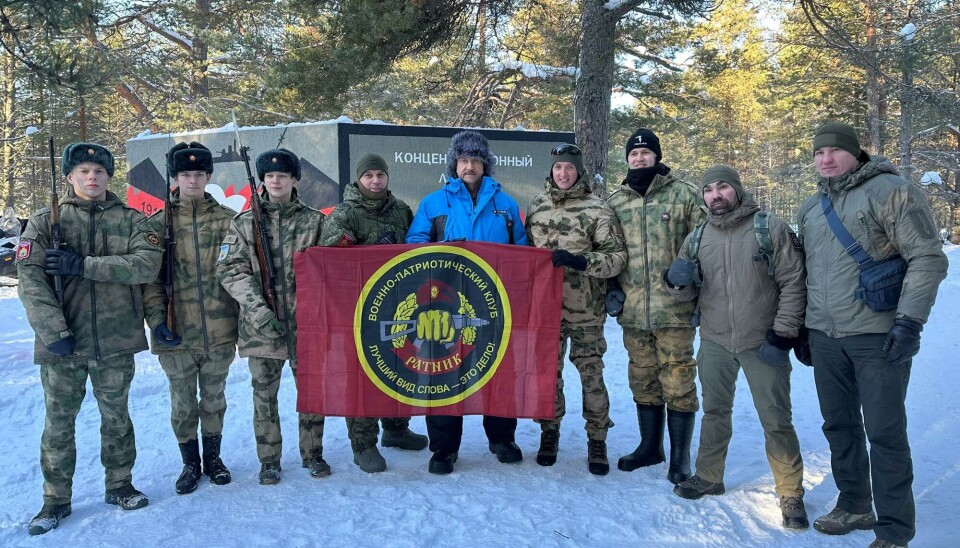
Gangster Viktor Bout lectures Arkhangelsk students about 'hostile Brits' and 'traditional values'
The arms dealer and politician, who is known as Russia's 'Merchant of Death' and 'Lord of War,' met with students at the university of Arkhangelsk and took part in a propagandistic memorial ceremony for victims of a British "concentration camp."
"If the West wins, then our traditional values will vanish," Viktor Bout said in his address to the students of Arkhangelsk. "Our task is to protect sovereignty and family," he underlined.
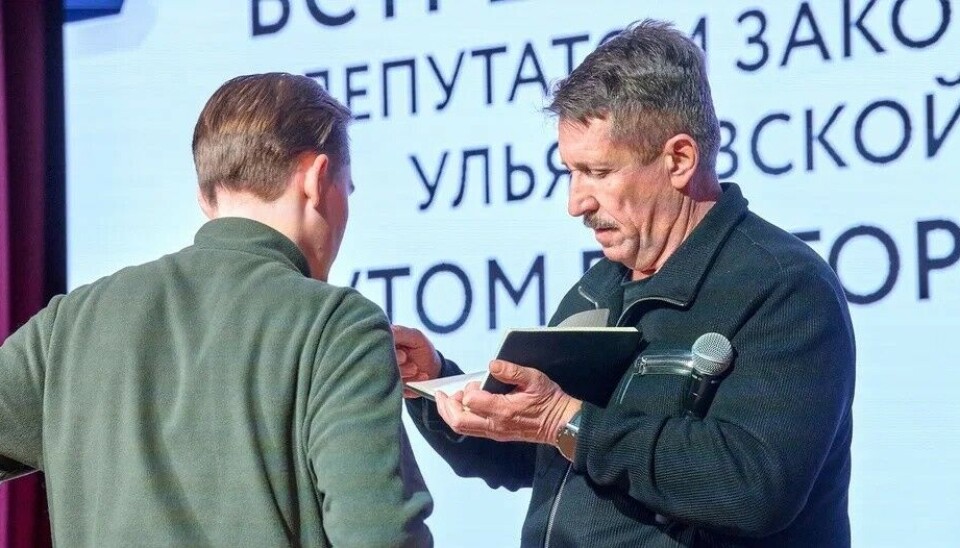
After 14 years behind bars in the US for arms smuggling, Bout was in 2022 released as part of a prisoner swop. Since his return to Russia, the 59 year old criminal has served as regional politician in the Ulyanovsk region.
He now regularly participates in various propaganda events across the country.
Bout for many years served in the Soviet armed forces, and he calls on young Russians to choose the same professional path. "When you graduate and start working, some of you will probably serve in state services, some in law enforcement and the military. […] You are the future of our country," he said, the Russian version of the Barents Observer reports.
During his visit to Arkhangelsk, Viktor Bout also participated in the so-called Torch of Memory ("Fakel Pamyati"), an event commemorating the North Russian Intervention of 1918-1919.
The intervention in Arkhangelsk and Murmansk started in March 1918 and was initially a part of allied forces’ fighting in the 1WW. However, it soon developed into a fight against Bolshevik red forces in the Russian Civil War.
The Whites were ultimately defeated, and the British-led Allied forces withdrew from the region after fighting several defensive battles against the Bolsheviks.
Regional authorities in Arkhangelsk are increasingly using the allied engagement for propaganda purposes, and a prison camp established by British and allies on the island of Mudyug is now described as a 'concentration camp.'
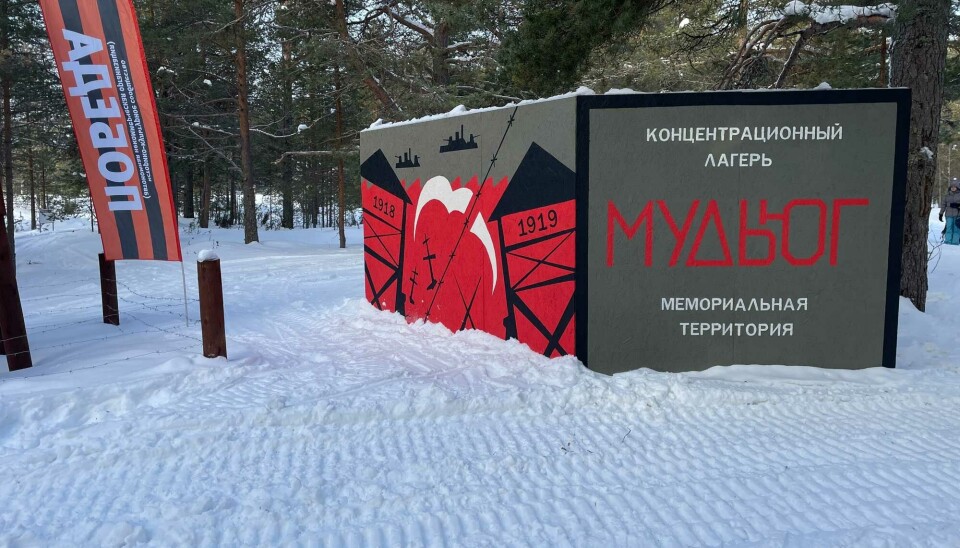
"For us, the subject of intervention has special meaning," Deputy Head of the regional government Ivan Dementiev said in an address on site.
"Rather recently, about 100 years ago, our city was, for the first and only time in its history, conquered. Hundreds of thousands of victims, among them civilians, blatant robbery of resources, degradation of industry," the top regional politician underlined.
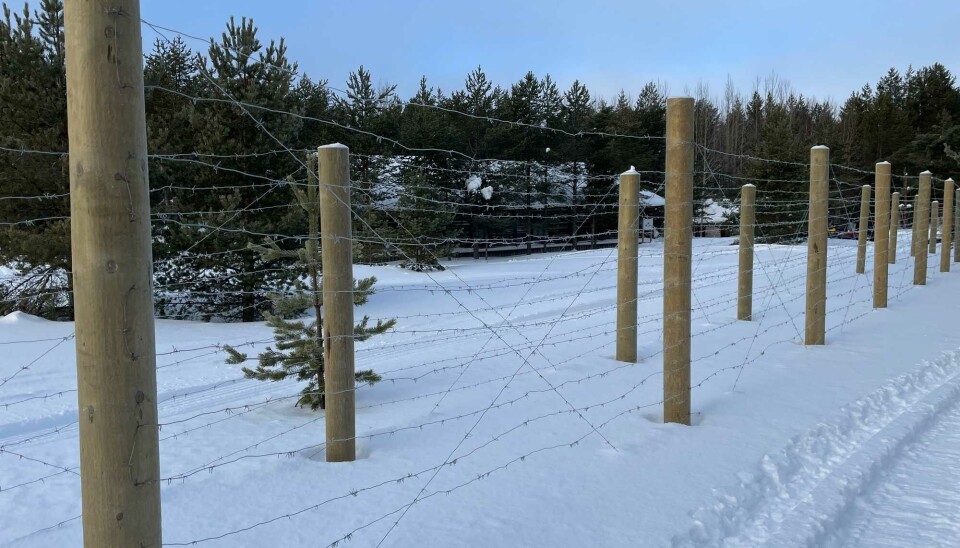
According to Viktor Bout, the British are to blame for losses during the intervention. And also for current developments in Ukraine.
"Hundred years ago, the British, who always have inflicted pain on others with hostile involvement, put their feet on this land and carried out atrocities that were no different from the cruelties of the Fascists. And hundred years later we see and understand that our main geopolitical foe is actually Great Britain."
"And if someone now doubts that the British are the ones that really are behind what is going on in Ukraine, that it is the British that are carrying out most of the terrorist acts on our territory, then he is fundamentally wrong," Bout said during the commemoration ceremony on the Mudyug Island.

The Northern Intervention of 1918-19 has over the past years been devoted more attention in Arkhangelsk. Two centres of so-called historical patriotic tourism are being built to help raise awareness of the historical events, regional Governor Aleksandr Tsybulsky said.
The island of Mudyug has been turned into a museum site that presents Russia's ruling perverted narrative about the historical events.
According to Kari Aga Myklebost, Professor in History at UiT the Arctic University of Tromsø, Norway, the allied intervention in Arkhangelsk is today increasingly used in Russian memory policy.
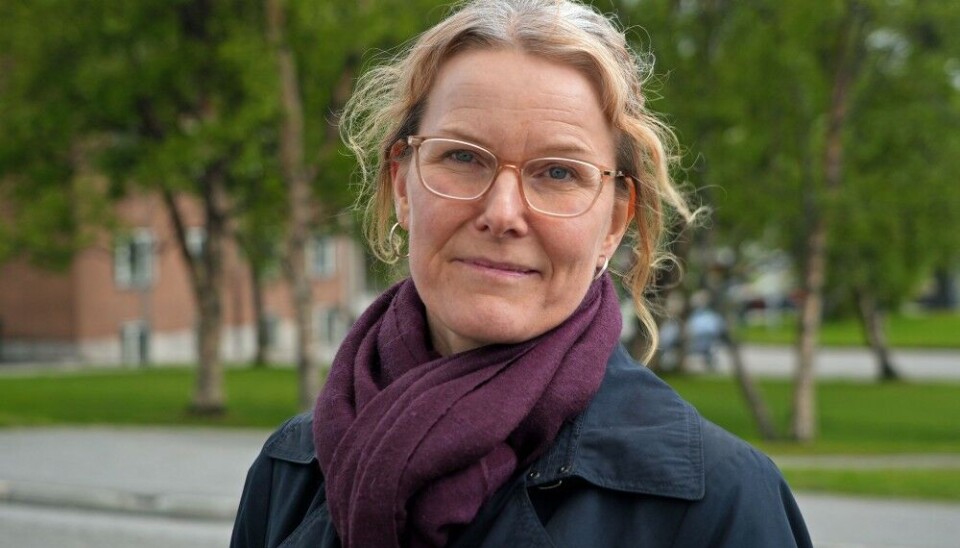
“If the Great Patriotic War has been a cornerstone of the Kremlin’s memory policy during the last decade, then we see how over the last few years other “useable” parts of the Soviet past, such as the allied intervention in the Arkhangelsk region 1918-1919, are being mobilised by the authorities to fortify threat perceptions and Anti-Western sentiments in the Russian public,” she told the Barents Observer.
She underlines that the prison camp in the Mudyug Island was in fact not a concentration camp, but operated on the basis of the Hague Conventions, which prescribed rules for the treatment of prisoners of war.
At the same time, Myklebost explains that there still are many “blank spots” and unknown facts in the history of the Russian Civil War, and that the surviving source materials are scarce.
While students in Arkhangelsk are told distorted narratives about 'hostile Brits' and allied 'concentration camps,' they might not hear much about the massive British and allied aid provided to Arkhangelsk during the 2WW, nor about the gruesome Soviet GULAG camps that for several decades existed in the region.













